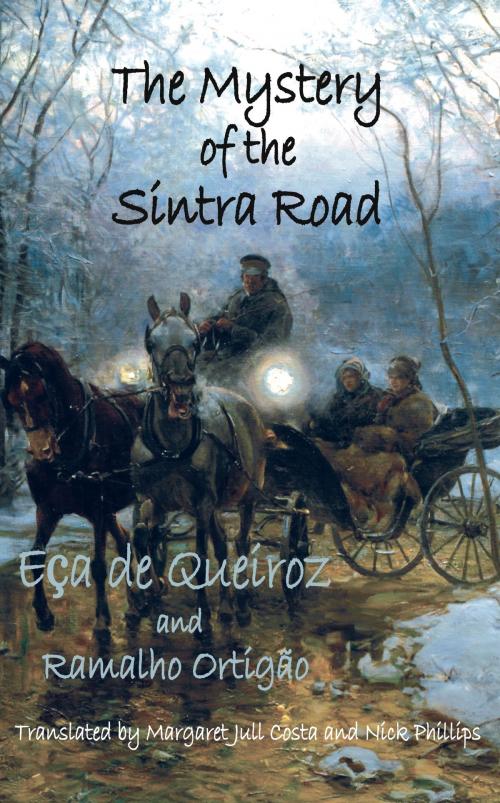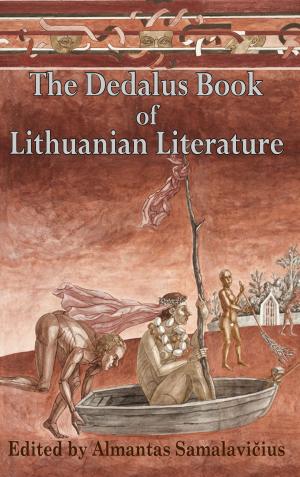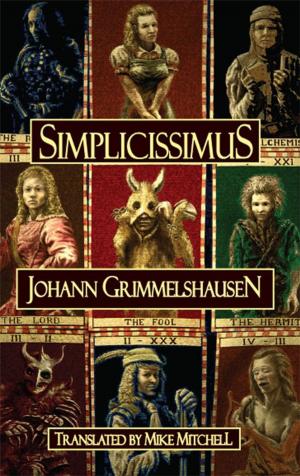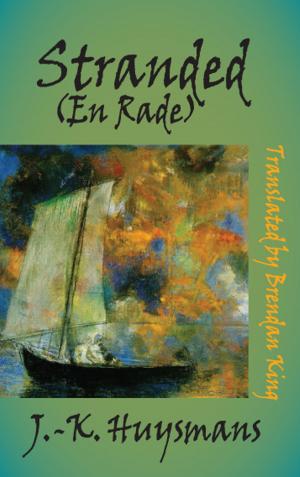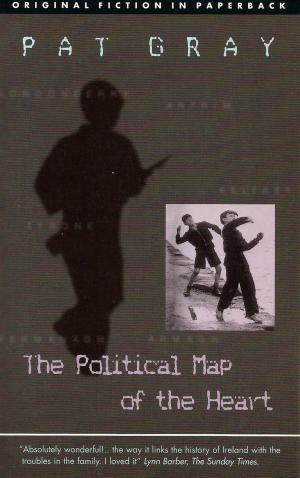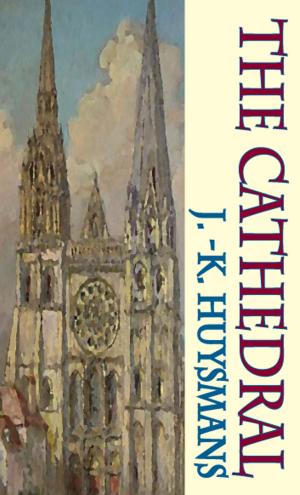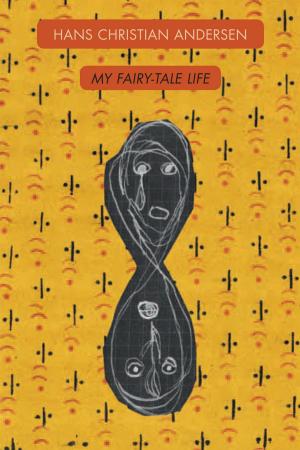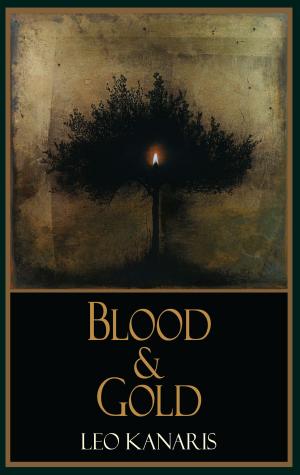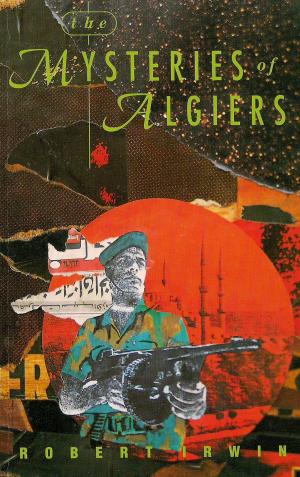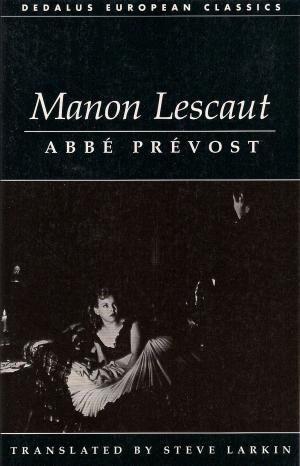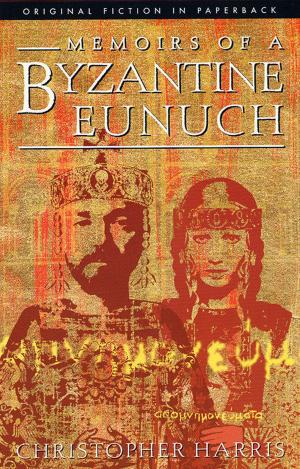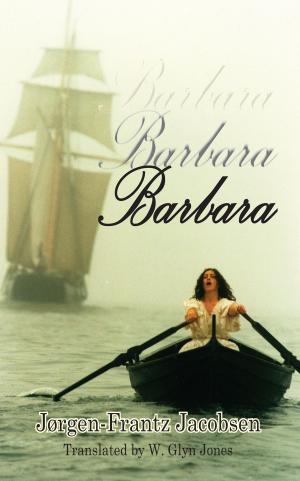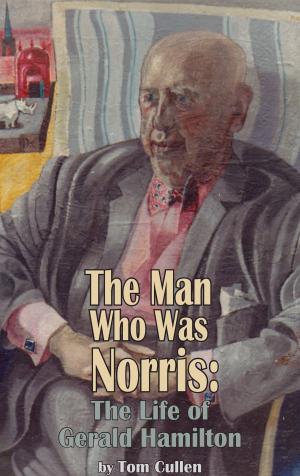| Author: | Eca de Queiroz | ISBN: | 9781909232600 |
| Publisher: | Dedalus Ebooks | Publication: | January 5, 2010 |
| Imprint: | Dedalus Ebooks | Language: | English |
| Author: | Eca de Queiroz |
| ISBN: | 9781909232600 |
| Publisher: | Dedalus Ebooks |
| Publication: | January 5, 2010 |
| Imprint: | Dedalus Ebooks |
| Language: | English |
Eça de Queiroz's first novel and Portugal’s first mystery-cum-detective novel in its first English translation Two friends are kidnapped by several masked men, who, to judge by their manners and their accent are men of the best society. One of the friends is a doctor, and the masked men say that they need him to assist a noblewoman, who is about to give birth. When they reach the house, they find no such noblewoman, only a dead man. Another man, known only as A.M.C., bursts in at this point and declares that the man died of opium poisoning. The doctor writes a letter to a newspaper editor, setting out the facts as he knows them. These facts are rebutted first by a friend of A.M.C. and then by the first masked man, who explains the whole story... Eça de Queiroz wrote this spoof ‘mystery’ with his friend Ramalho Ortigão, publishing it in the form of a series of anonymous letters in the Diário de NotÃcias between 24 July and 27 September 1870. Many readers believed the letters to be genuine. As the book progresses, one sees Eça gradually getting into his stride as a novelist, equally at home with humour and with human drama. Recently turned into a major Portuguese feature film it will delight avid Eça fans and lovers of mysteries. 'It is pleasing to have this jeu d'esprit by one of Europe's finest writers available in English, in the idiomatically fluent style typical of Margaret Jull Costa,in collaboration with Nick Phillips.'It wears', to quote from the authors' preface,'an impudent air of triumph that rather suits it.' T L S 'One of the greatest novelists of the novel's greatest age, Eca is also amongst the most readable due to his narrative energy, sweeping range and tart sense of humour.' Michael Kerrigan in The Scotsman 'Queiroz is far greater than my own dear master, Flaubert.' Emile Zola
Eça de Queiroz's first novel and Portugal’s first mystery-cum-detective novel in its first English translation Two friends are kidnapped by several masked men, who, to judge by their manners and their accent are men of the best society. One of the friends is a doctor, and the masked men say that they need him to assist a noblewoman, who is about to give birth. When they reach the house, they find no such noblewoman, only a dead man. Another man, known only as A.M.C., bursts in at this point and declares that the man died of opium poisoning. The doctor writes a letter to a newspaper editor, setting out the facts as he knows them. These facts are rebutted first by a friend of A.M.C. and then by the first masked man, who explains the whole story... Eça de Queiroz wrote this spoof ‘mystery’ with his friend Ramalho Ortigão, publishing it in the form of a series of anonymous letters in the Diário de NotÃcias between 24 July and 27 September 1870. Many readers believed the letters to be genuine. As the book progresses, one sees Eça gradually getting into his stride as a novelist, equally at home with humour and with human drama. Recently turned into a major Portuguese feature film it will delight avid Eça fans and lovers of mysteries. 'It is pleasing to have this jeu d'esprit by one of Europe's finest writers available in English, in the idiomatically fluent style typical of Margaret Jull Costa,in collaboration with Nick Phillips.'It wears', to quote from the authors' preface,'an impudent air of triumph that rather suits it.' T L S 'One of the greatest novelists of the novel's greatest age, Eca is also amongst the most readable due to his narrative energy, sweeping range and tart sense of humour.' Michael Kerrigan in The Scotsman 'Queiroz is far greater than my own dear master, Flaubert.' Emile Zola
